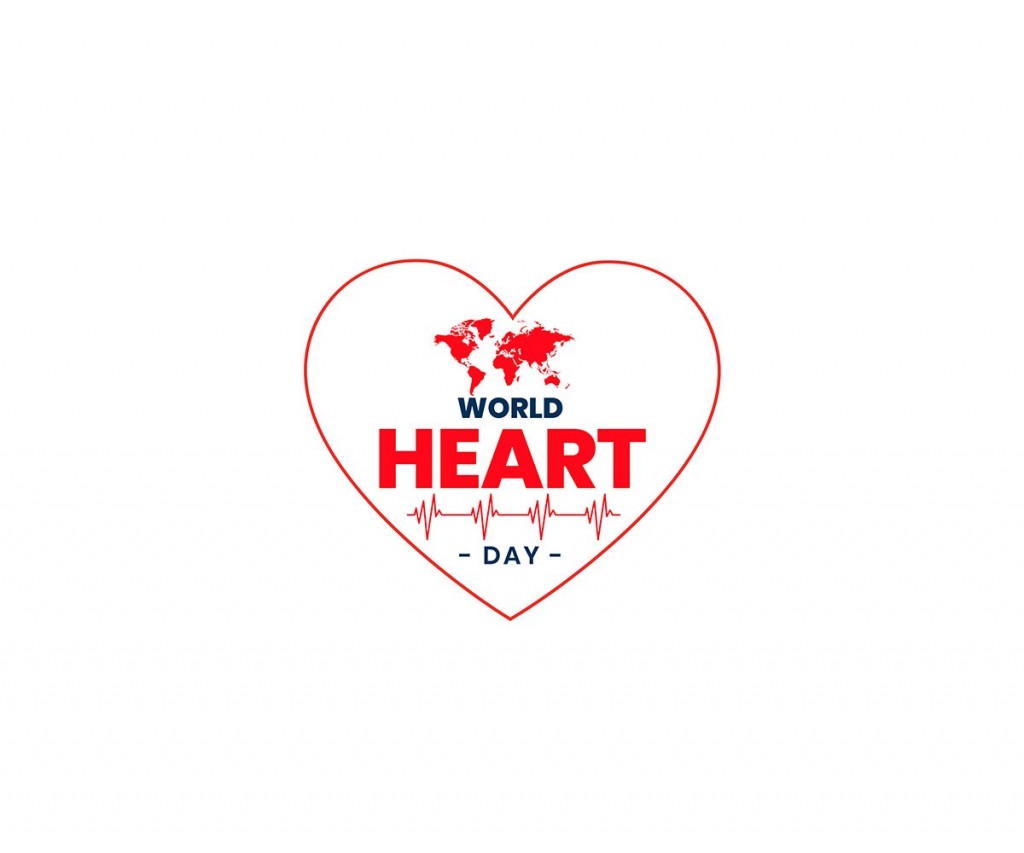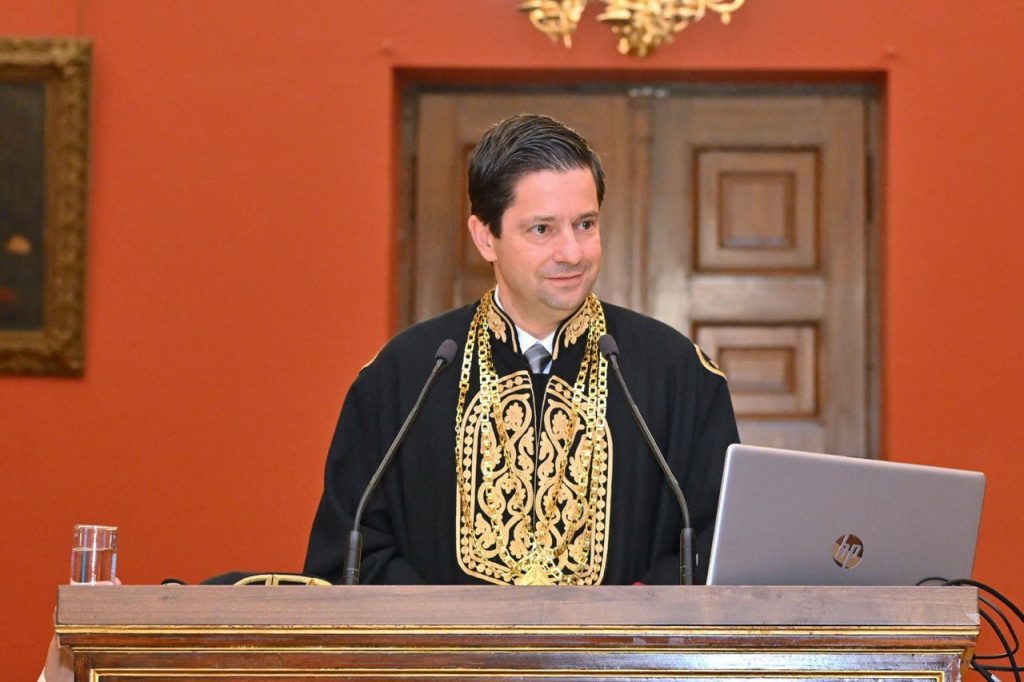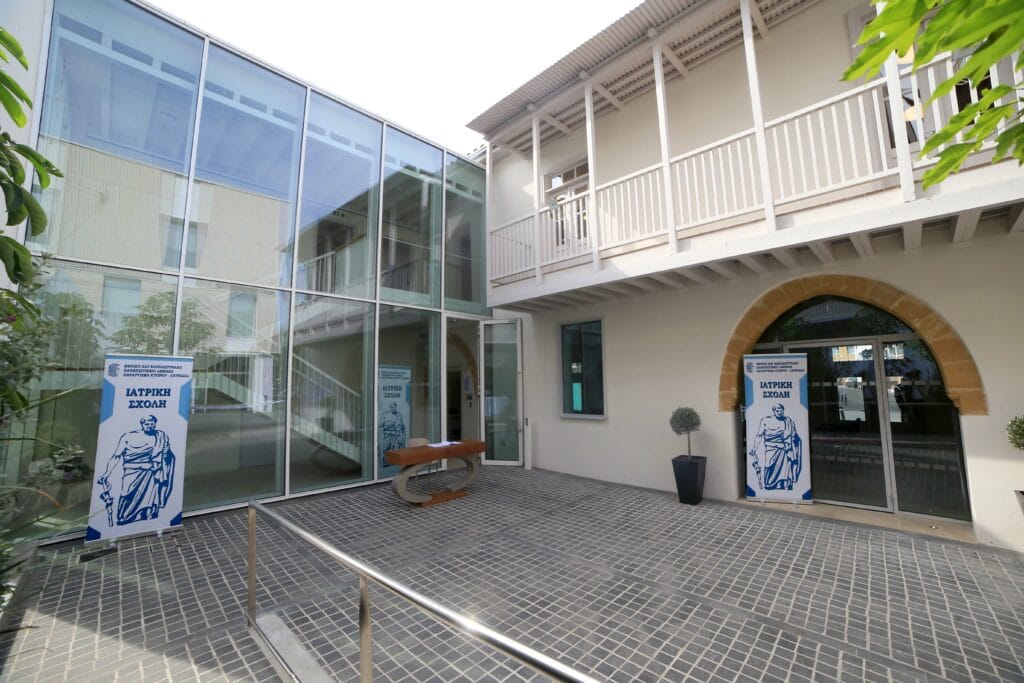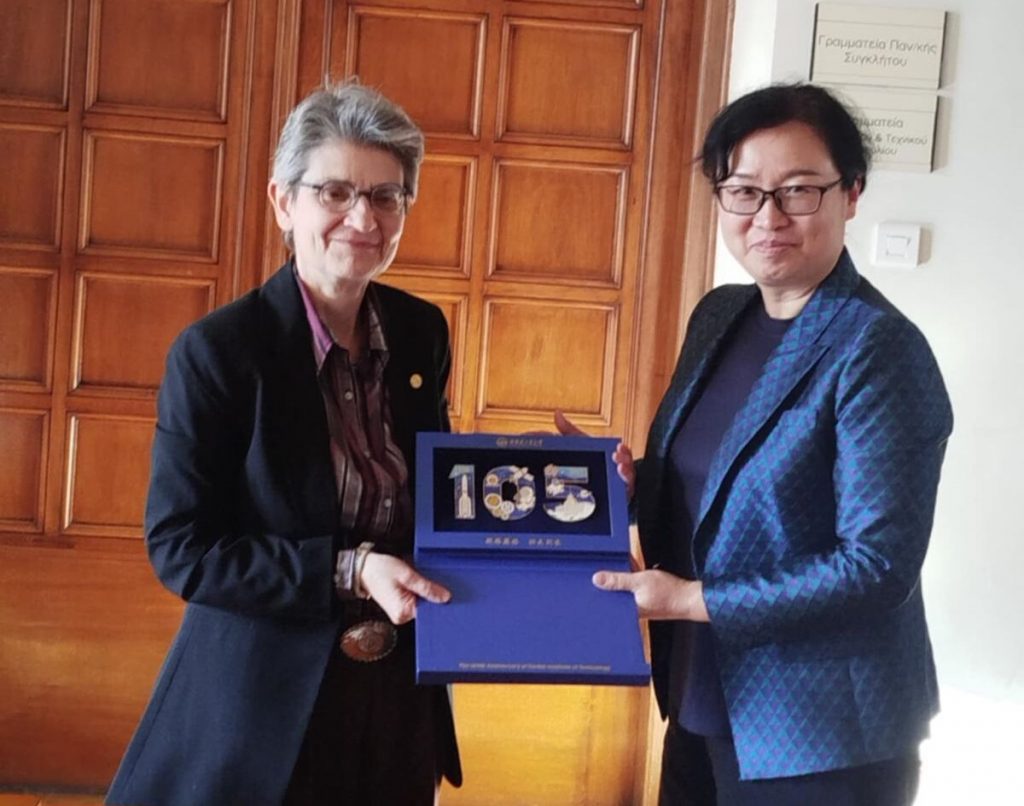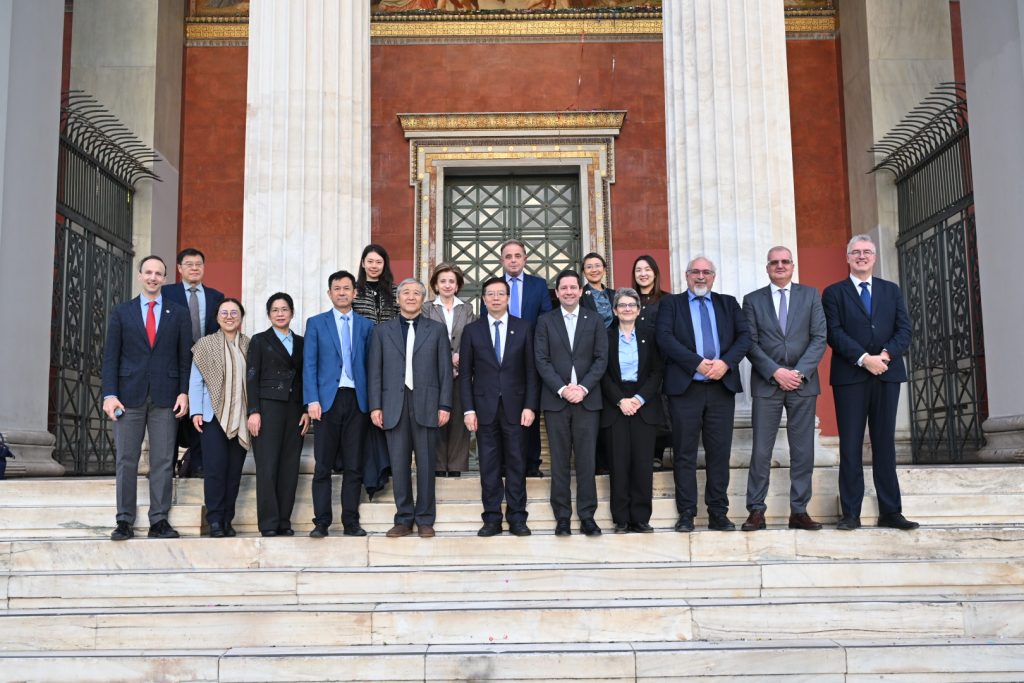29 September has been designated as World Heart Day to highlight the vital role of the heart, the engine of life, and raise public awareness of cardiovascular health issues.
Despite prevention policies and developments in cardiovascular medicine, cardiovascular diseases remain the leading cause of death worldwide, corresponding to 33% of all causes of death, with 18.6 million deaths per year.
Cardiovascular diseases are diseases of the heart and blood vessels and include:
- coronary heart disease,
- ischaemic heart disease,
- cerebrovascular accidents,
- peripheral arterial disease, and
- aneurysms, aortic dissection, etc.,
with coronary heart disease being the most common type of heart disease.
Coronary heart disease can be acute or chronic and presents with symptoms of angina pectoris (severe pain in the chest), heart failure (shortness of breath, tiredness, limited exercise tolerance, swollen limbs), and arrhythmias. It is crucial to recognize these suspicious symptoms so that, as soon as an acute episode occurs, the patient gets immediate treatment on an emergency basis. That is also significant in chronic conditions since it enables individuals to seek the appropriate care without delay.
But what is the cause of cardiovascular diseases?
In most cases, the underlying cause of cardiovascular diseases is atherosclerosis, i.e., the build-up of fatty deposits (atheroma) in the blood vessels and their resulting narrowing (stenosis).
Atherosclerosis is a multifactorial condition, meaning it is possible to identify multiple risk factors that interact and may account for up to 80% of the progression of the disease. We must, therefore, be aware of the risk factors and reduce/treat them to protect the health of our hearts.
So, what are the risk factors, and how can we avoid them?
The main risk factors are:
- hypertension,
- hypercholesterolaemia,
- diabetes mellitus,
- obesity,
- tobacco smoking,
- unhealthy eating habits,
- chronic kidney disease,
- sedentary lifestyle, and
- exposure to exhaust emissions.
Hypertension remains the leading risk factor, with many people not knowing they have the condition and only 1/3 of individuals with hypertension managing to lower their blood pressure to the recommended level. Healthy/dietary foods and reducing salt intake may limit the development of hypertension; nonetheless, most patients with hypertension need to take medication to control their blood pressure.
High lipids, particularly atherogenic LDL (or ‘bad’) cholesterol, play a crucial role in the progression of atherosclerosis and cardiovascular diseases. In any case, initial treatment should match the risk level of patients. For instance, multiple risk factors in patients suggest new lower targets for LDL cholesterol.
Over 10% of the population has diabetes mellitus. Cardiovascular disease is the principal cause of death in patients with diabetes mellitus; as a result, it is crucial to diagnose diabetes mellitus early (by testing fasting glucose and glycosylated haemoglobin) and treat it effectively with newer medication that can improve glycaemic control and enhance cardioprotection.
The harmful effects of smoking are well documented, while vaping is not entirely devoid of cardiovascular consequences. Quitting smoking is essential to cardiovascular health, and smoking cessation clinics can help to this end.
Healthy eating habits. Our diet has a significant impact on our cardiovascular health. It is critical to choose foods low in saturated fat, fresh fruit, vegetables, and wholegrain cereals, and generally follow the Mediterranean diet. Also, we should avoid excessive salt, sugar, and processed food consumption.
Physical activity. Physical exercise is good for the health of our hearts. The goal is to include exercise (e.g., brisk walking, riding a bike, etc.) into our routine, with a target of at least 150 minutes of moderate-intensity activities every week.
Alcohol consumption. Although, in theory, small amounts of alcohol can be beneficial, the aim is to reduce alcohol consumption to a minimum.
Let September 29th—World Heart Day—be an opportunity for us all to realize the unique role of our hearts in life and health and an occasion to address our fears and risk factors in an organized manner and with the help of specialists in preventive medicine and cardiology. The ambition is to increase our years of life and reduce cardiovascular accidents in the near future.
Gerasimos Siasos
Rector of NKUA
Professor of Cardiology, 3rd Department of Cardiology, ‘Sotiria’ Thoracic Diseases Hospital of Athens


